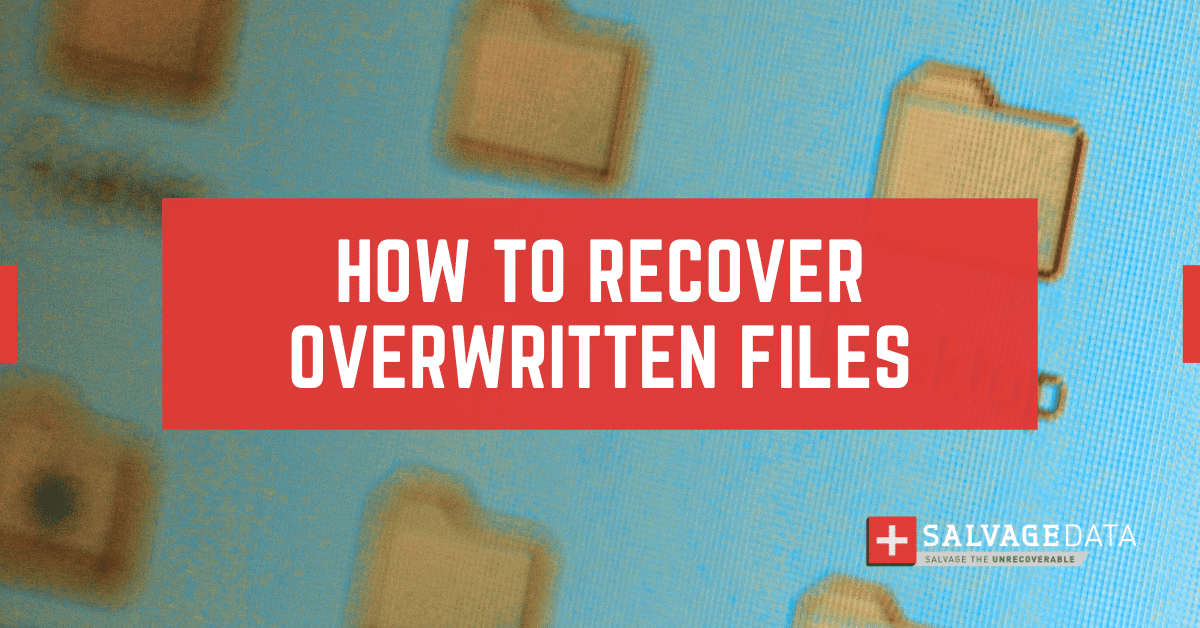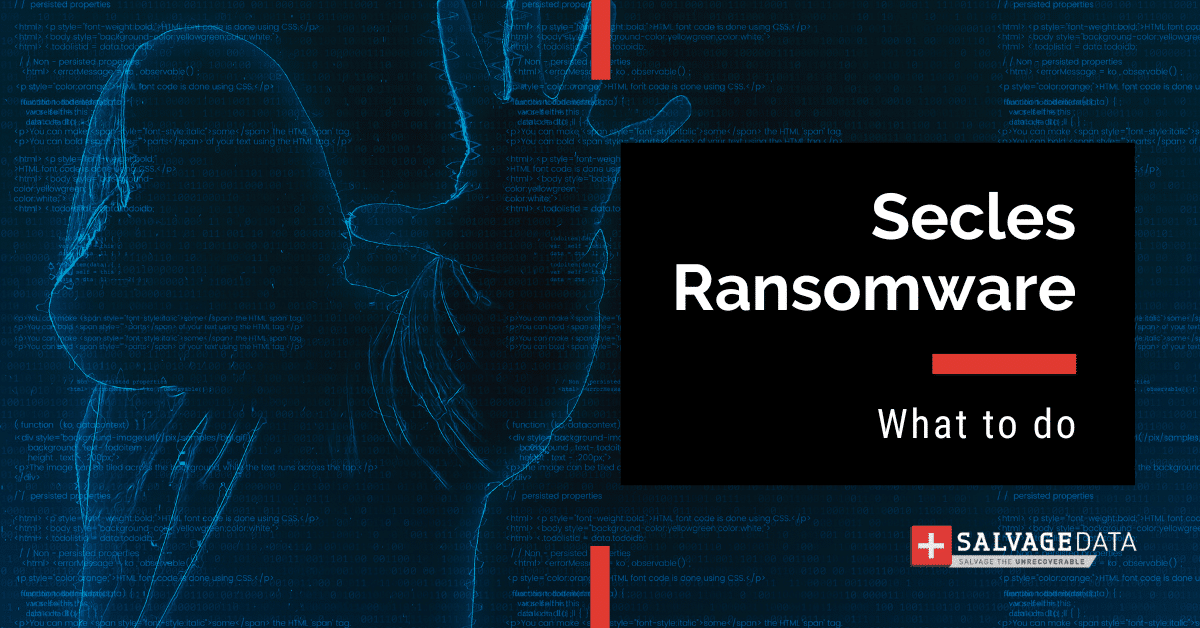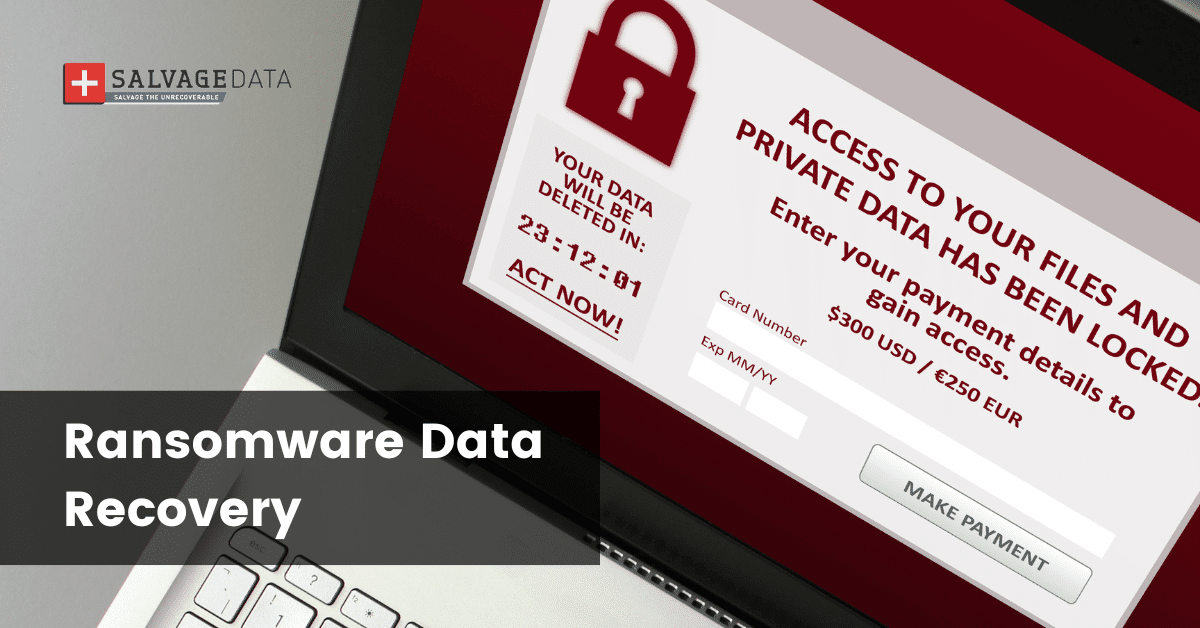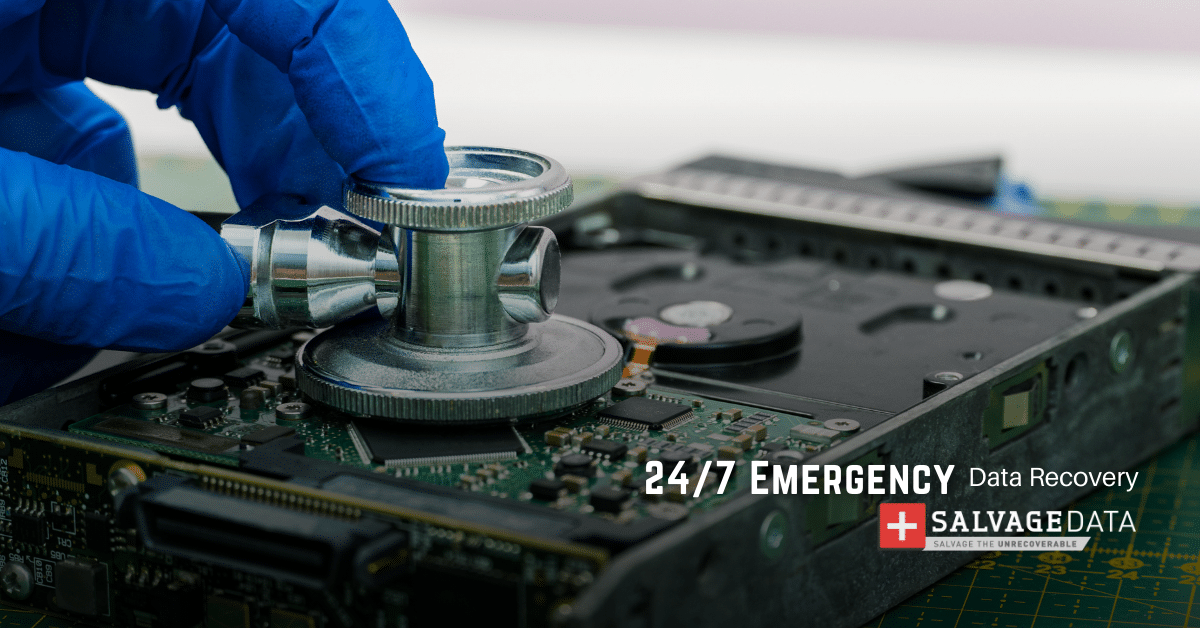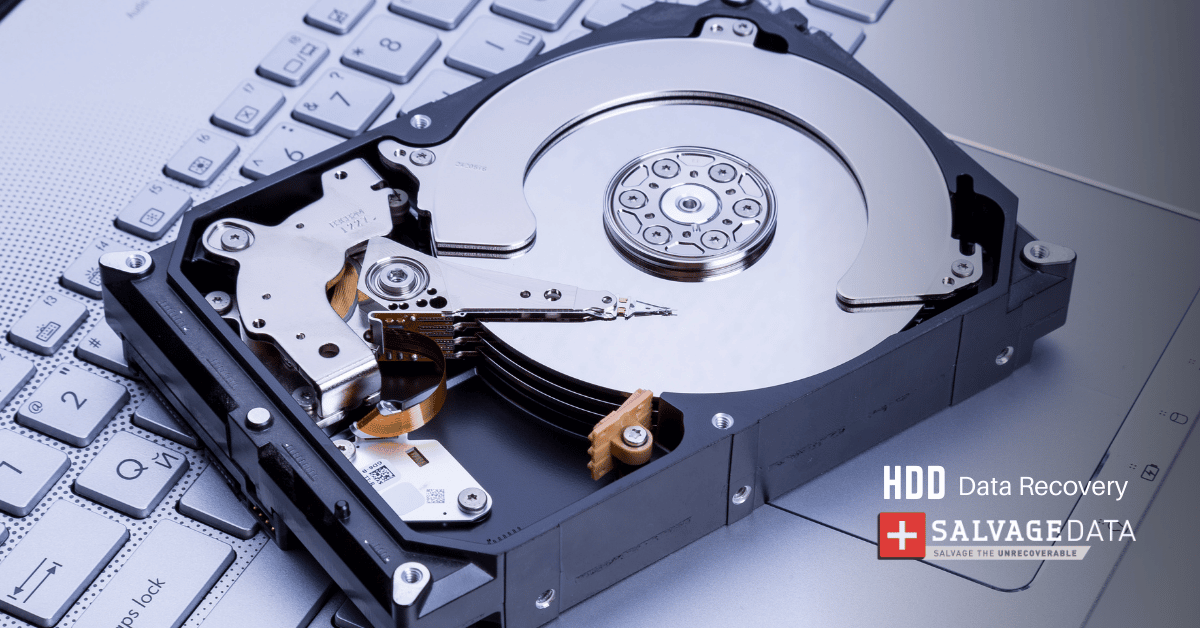Recent Articles
How To Recover Overwritten Files
The Snowflake Data Breach: A Comprehensive Overview
Mac Not Recognizing External Hard Drive: Quick Fix Solutions
How Multi-Cloud Backup Solutions Can Prevent Data Disasters
Capibara Ransomware: What is it & How to Remove
What Should a Company Do After a Data Breach: The Ticketmaster Incident
Secles Ransomware: Removal Guide
What To Do When Your Chromebook Freezes
How to Create Hyper-V Backup
What Is The Best Data Recovery Software For PC

I think there's an issue with my storage device, but I'm not sure Start a free evaluation →
I need help getting my data back right now Call now (800) 972-3282
What is CryptoMix Revenge?
CryptoMix Revenge is ransomware that encrypts the victim’s files and demands a ransom for the decryption key. CryptoMix Revenge uses the AES-256 encryption algorithm to encrypt the victim’s files. CryptoMix Revenge adds the “.revenge” extension to the encrypted files. For example, “sample.jpg” would be renamed “sample.jpg.revenge”. Once the files are encrypted, CryptoMix Revenge Ransomware creates a text file named “!DECRYPT_INFORMATION!.txt” in each folder containing encrypted files. This text file contains instructions on how to decrypt the files. CryptoMix Revenge Ransomware demands a ransom of 1.5 Bitcoins for the decryption key.
How does CryptoMix Revenge Ransomware spread?
Attackers typically spread CryptoMix Revenge Ransomware through email attachments or malicious websites. They may disguise CryptoMix Revenge Ransomware as a PDF file, an invoice, or a game. When the victim opens the attachment or visits the website, CryptoMix Revenge Ransomware will download and execute itself on the victim’s computer. Then CryptoMix Revenge Ransomware will scan the victim’s computer for files to encrypt.
History
CryptoMix Revenge Ransomware was first discovered in December 2016. CryptoMix Revenge Ransomware is a variant of CryptoMix Ransomware, that was first discovered in March 2016.
What was the biggest CryptoMix Revenge outbreak?
The CryptoMix Revenge outbreak occurred in May 2017. A phishing campaign that spread CryptoMix Revenge Ransomware through email attachments caused this outbreak. The email attachments appeared to be PDF files, but they were short-cutting files (.LNK) that downloaded CryptoMix Revenge Ransomware when opened. This outbreak affected thousands of victims in over 100 countries.
What are the consequences of CryptoMix Revenge?
The consequences of CryptoMix Revenge Ransomware can be devastating. CryptoMix Revenge Ransomware will encrypt the victim’s files, making them inaccessible. CryptoMix Revenge Ransomware demands a ransom for the decryption key. If you do not pay the ransom, the victim’s files will remain encrypted and inaccessible. CryptoMix Revenge Ransomware may also delete the shadow copies of the victim’s files, making recovery more difficult.
How can you protect yourself from CryptoMix Revenge?
You should:
– Use a reputable anti-virus/anti-malware program
– Keep your anti-virus/anti-malware program up to date
– Avoid opening email attachments from unknown senders
– Avoid visiting websites that are known to be malicious
It has infected you with CryptoMix Revenge Ransomware. What should you do?
- Do not pay the ransom. There is no guarantee that you will get your files back even if you do pay the ransom.
- Use a reputable anti-malware program to remove CryptoMix Revenge Ransomware from your computer
- Use an offline virus scanner to scan your computer for CryptoMix Revenge
- Restore your files from a backup, if possible. If you do not have a backup, you may be able to use a data recovery program to recover your files.
We built SalvageData data recovery software to help you 24/7.
Is there a public decryption tool for CryptoMix Revenge Ransomware?
No, there is no public decryption tool.
Contact a data recovery service
CryptoMix Revenge Ransomware uses a strong encryption algorithm. Data recovery services may be able to recover your files.
Contact SalvageData for a free consultation
SalvageData is a data recovery service that specializes in ransomware recovery. They offer a free consultation to assess the chances of recovering your data.

